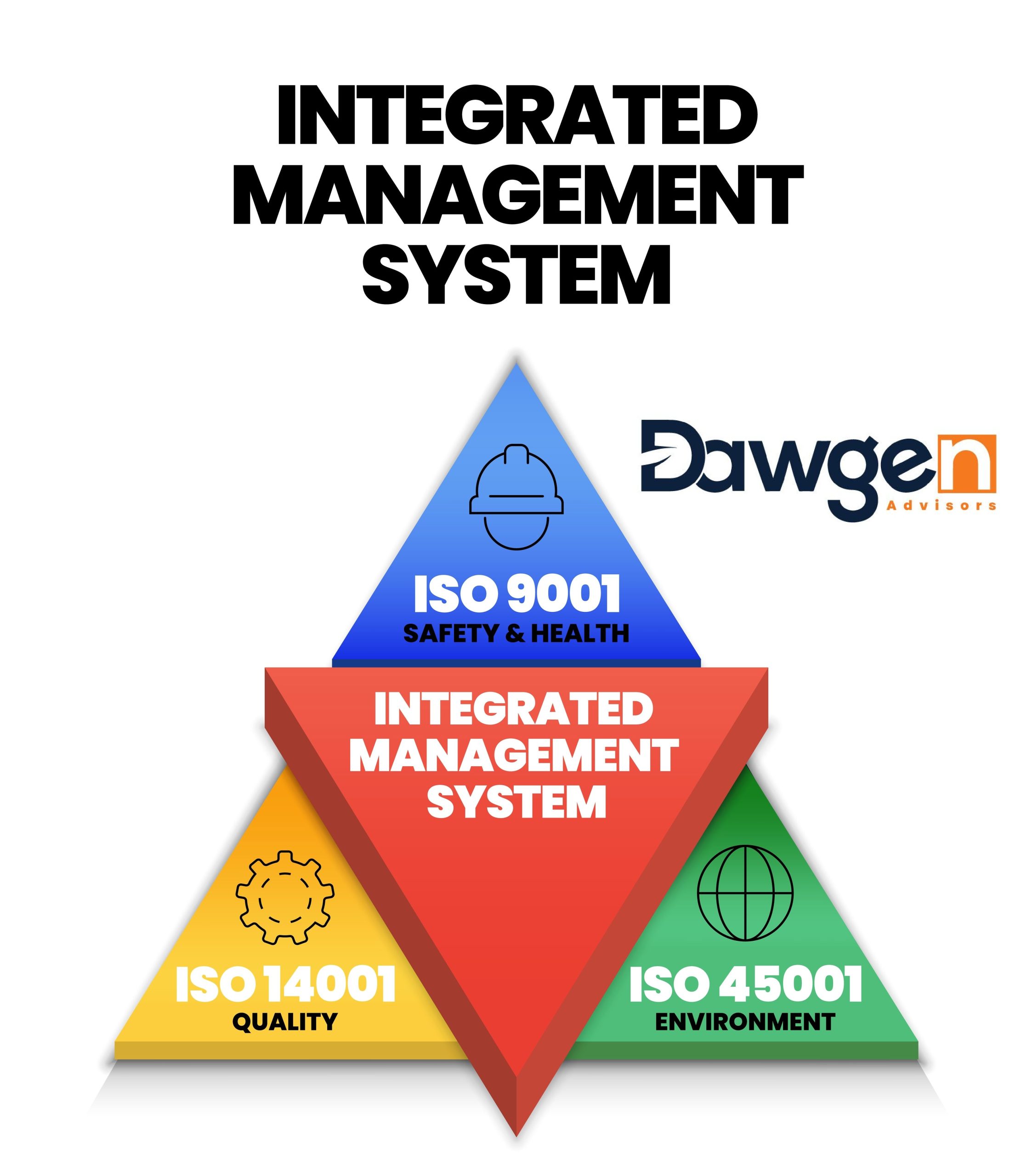Implementing ISO 9001 can be transformative for an organization, offering opportunities to enhance quality management, streamline processes, and increase customer satisfaction. However, this transformation requires a strategic approach to change management, as it involves engaging employees, gaining top management commitment, and thoroughly understanding the existing gaps in the current system. In this article, we will explore strategies for successful change management, employee engagement, leadership commitment, and conducting a gap analysis and readiness assessment to ensure a smooth implementation process.

1. Strategies for Successful Change Management
a. Develop a Clear Vision and Objectives: Start by defining a clear vision and objectives for ISO 9001 implementation. This vision should align with the organization’s strategic goals and outline how the new quality management system (QMS) will benefit the company. Make sure that these goals are measurable and realistic.
b. Create a Comprehensive Implementation Plan: Outline the steps necessary for implementation, including roles and responsibilities, timelines, milestones, and resource allocation. The plan should include all phases of the implementation process, from gap analysis to internal audits.
c. Foster Open Communication: Communicate the reasons behind implementing ISO 9001 clearly to all employees. Regularly update staff about progress, changes, and milestones. Open communication minimizes resistance and keeps everyone aligned with the overall objectives.
d. Identify and Train Key Personnel: Select a dedicated implementation team with representatives from all relevant departments. Provide comprehensive training to ensure they understand the requirements of ISO 9001 and their specific roles in implementation.
e. Monitor Progress and Adjust as Necessary: Establish regular checkpoints to review progress and identify obstacles. Be prepared to adjust the plan as required to address new challenges or changes in business objectives.
2. Employee Engagement in the Implementation Process
a. Involve Employees Early: Engage employees early in the planning stages to gather input and foster a sense of ownership. Their frontline experience provides valuable insights into existing processes and potential improvements.
b. Provide ISO 9001 Awareness Training: Ensure that all employees understand the basics of ISO 9001 and how it will affect their roles. Awareness training can help alleviate concerns and misconceptions.
c. Recognize and Reward Contributions: Acknowledge employees who contribute positively to the implementation process. Recognition can be in the form of public acknowledgment, awards, or small incentives.
d. Create Cross-Functional Teams: Encourage collaboration by creating cross-functional teams to identify opportunities for improvement and implement new processes. This approach ensures that all departments have a voice in shaping the new QMS.
3. Importance of Top Management Commitment
Top management commitment is critical for the success of ISO 9001 implementation. Their support influences the organization’s culture and prioritization of quality management.
a. Lead by Example: Top management should actively participate in the implementation process. They should visibly demonstrate their commitment by allocating resources, attending training sessions, and promoting quality management practices.
b. Set Quality Objectives: Management should establish and communicate clear quality objectives aligned with the overall business strategy. These objectives provide direction and measurable goals for the entire organization.
c. Allocate Resources: Adequate resources, including budget, personnel, and training, must be provided for successful implementation.
d. Regular Review and Feedback: Top management should regularly review the progress of the implementation process and provide feedback to the implementation team, addressing any challenges or barriers promptly.
4. Conducting a Gap Analysis and Readiness Assessment
A gap analysis and readiness assessment are crucial steps in understanding the current state of your organization’s processes and determining what needs to be improved to meet ISO 9001 requirements.
a. Plan the Gap Analysis: Develop a plan that includes objectives, scope, methodology, and a checklist of ISO 9001 requirements to be assessed.
b. Assess Current Processes: Examine the organization’s existing processes against the ISO 9001 requirements. Identify gaps where current practices do not meet the standard and document these discrepancies.
c. Prioritize Identified Gaps: Categorize gaps based on their potential impact on quality management and prioritize them accordingly.
d. Develop an Action Plan: Create an action plan to address the gaps, outlining the steps required, responsible personnel, and timelines.
e. Conduct a Readiness Assessment: Evaluate your organization’s overall readiness for ISO 9001 implementation by assessing the following factors:
- Management commitment and understanding
- Availability of resources
- Employee awareness and involvement
- Documentation and process maturity
f. Implement Corrective Actions: Take corrective actions to address the identified gaps and ensure that all processes align with ISO 9001 requirements.
g. Monitor and Improve: After implementing the corrective actions, monitor progress and make continuous improvements. Conduct internal audits to verify compliance and refine the QMS.
Conclusion
Preparing for ISO 9001 implementation requires a well-structured strategy that encompasses change management, employee engagement, top management commitment, and a thorough gap analysis. By following these strategies, organizations can not only achieve ISO 9001 certification but also build a culture of quality that enhances business performance and customer satisfaction.
For professional guidance on implementing ISO 9001 and managing change effectively, consult with Dawgen Global’s team of quality management experts. Together, we can help your organization achieve ISO 9001 certification and realize the full potential of an effective quality management system.
Next Step!
“Embrace BIG FIRM capabilities without the big firm price at Dawgen Global, your committed partner in carving a pathway to continual progress in the vibrant Caribbean region. Our integrated, multidisciplinary approach is finely tuned to address the unique intricacies and lucrative prospects that the region has to offer. Offering a rich array of services, including audit, accounting, tax, IT, HR, risk management, and more, we facilitate smarter and more effective decisions that set the stage for unprecedented triumphs. Let’s collaborate and craft a future where every decision is a steppingstone to greater success. Reach out to explore a partnership that promises not just growth but a future beaming with opportunities and achievements.
✉️ Email: [email protected] 🌐 Visit: Dawgen Global Website
📞 Caribbean Office: +1876-6655926 / 876-9293670 📲 WhatsApp Global: +1 876 5544445
Join hands with Dawgen Global. Together, let’s venture into a future brimming with opportunities and achievements.

